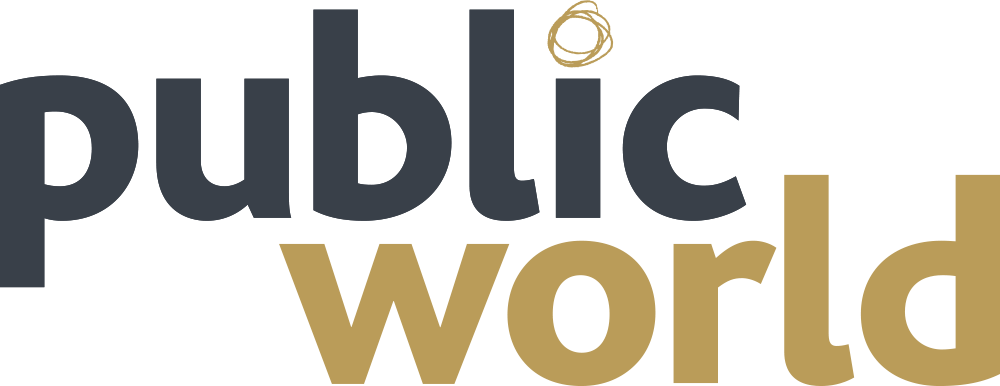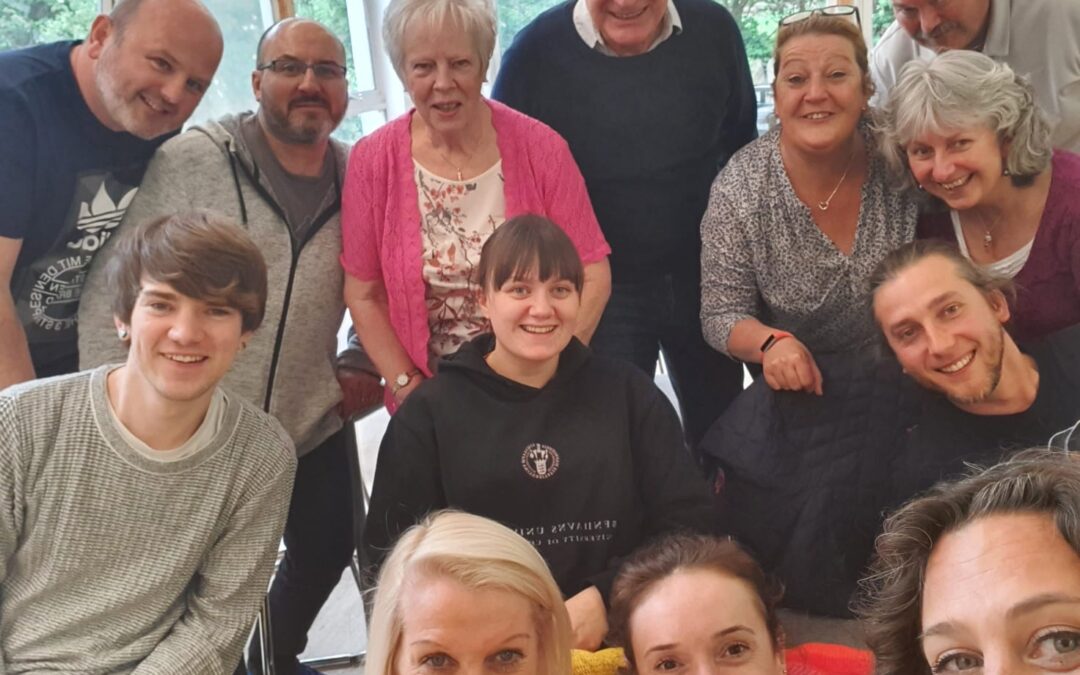Starting point:
Thistle is a Scottish charity supporting people with long-term health conditions and disabilities to live life on their terms. Through one-to-one support, wellbeing courses, community groups and supported physical activity, they support people to live well regardless of challenges faced.
Thistle ‘believe that life is for living’ and they ‘support people living with disabilities, long-term conditions or facing challenging life situations to live well, whatever that means to them’.
The way Thistle support people to maintain and improve health and wellbeing takes different forms but is always underpinned by the same values and the same approach. They work with the person, not their condition or situation, tailoring their support to the needs of every person they work with.
Like Buurtzorg, they ’put the person at the centre and choose to see people as resourceful, strong and capable of change.’
Our support:
We supported around 20 of Thistle’s Supported Living teams of Wellbeing Practitioners to become self-organised, as well as providing support to their coaches, leadership team and back office service — the Thistle Hub — to identify and make the changes they need to make a success of self-organisation. Here’s how Thistle’s CEO Mark Hoolahan explains the collaboration.
The outcomes:
The report from a Care Inspectorate visit carried out in February 2020 describes the Thistle Foundation as a “boundary-pushing, pioneering organisation helping to bring about a society where everyone has the right to feel involved and empowered to live the life they choose, regardless of their disabilities or health condition.”
The report highlighted the benefits of working with self-organising teams for the people being supported, their families and the staff.
“The SOT’s will be rolled out throughout the whole service in the next few years. The staff, families and managers involved said how well this had been working, families felt very included in the development, roles and responsibilities of each team member and how individualised all care and support was. Each team was required to work to a set of principles and practices known as the operational framework. Once teams demonstrated that they were working to the framework they would be recognised by managers as a self-organised team and each worker in the team would become a Wellbeing Practitioner, this included a pay rise.
One staff member highlighted on the questionnaire returned to us the following: “Development: I have begun the ‘Test and Learn’ phase of the Self Organised Teams. This is an excellent opportunity to learn and develop new and existing skills, enhancing self-esteem and team moral and progression with our roles and responsibilities being recognised.”
You can read the full report here.

